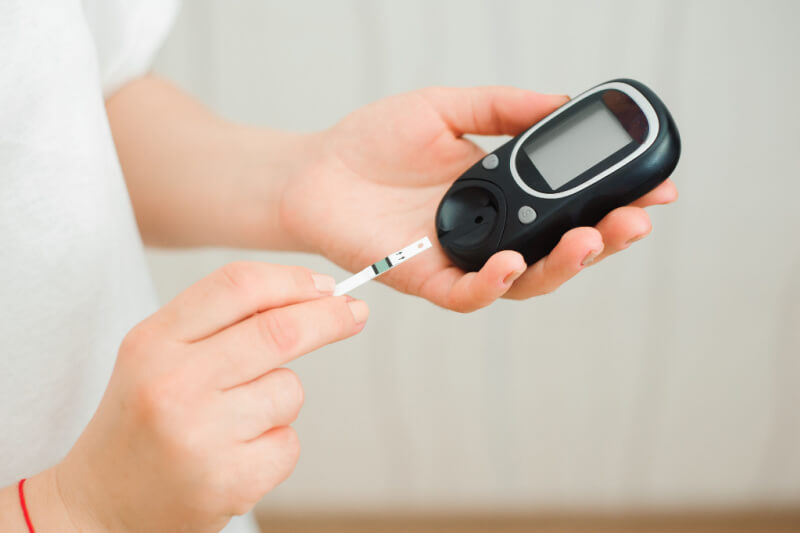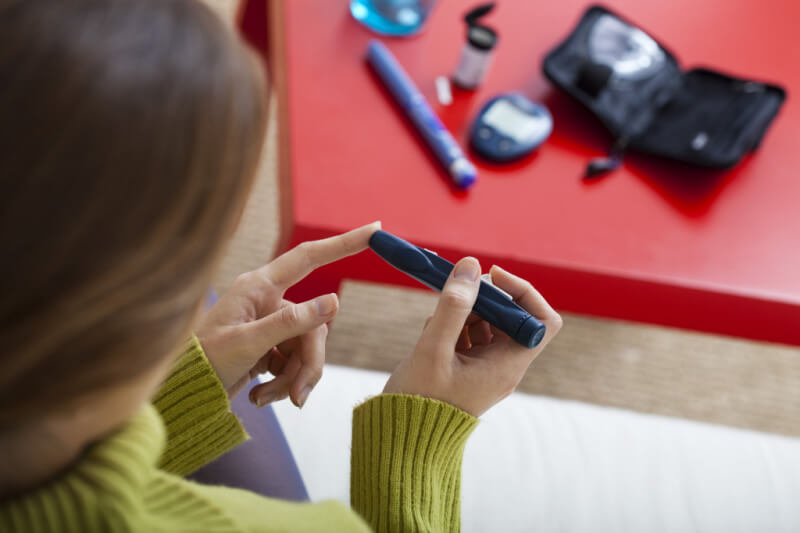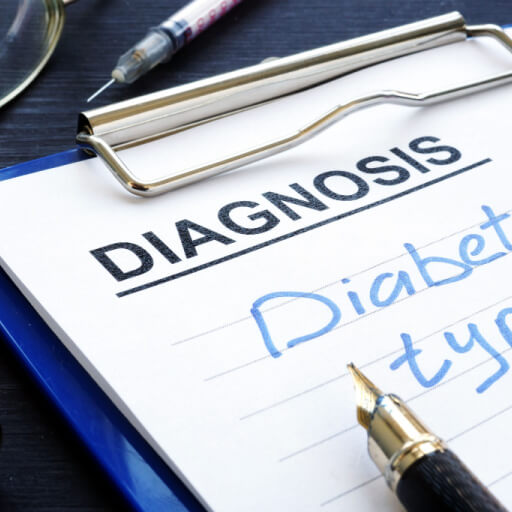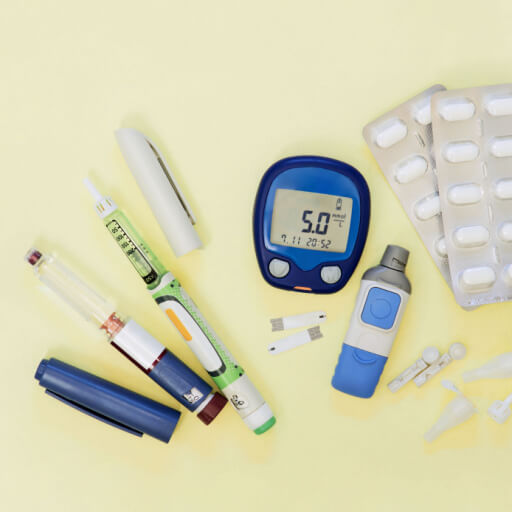Type-1 diabetes is a health condition that often causes insulin resistance and high levels of blood sugar levels. While it is prevalent mainly in children and young adults, anyone can develop it, and it’s a lifelong condition that must be detected, managed and treated in time. There are several such diabetes lifestyle modifications that you can adopt to stay active and healthy.
What is type-1 diabetes?

Type-1 diabetes, or juvenile diabetes, is a severe health condition where your pancreas produces very little insulin. Insulin is the body hormone used by our body to create energy for daily bodily functions. Several factors like genetics, an unhealthy lifestyle and viruses can cause type-1 diabetes. To this day, there is no specific cure for type-1 diabetes. However, treatments often focus on reducing the amount of sugar in your blood using insulin therapy, a healthy diet and lifestyle changes to prevent serious complications.
Symptoms of type-1 diabetes
The exact cause of type 1 diabetes is unknown. The body’s immune system, which usually fights harmful bacteria and viruses, destroys the insulin-producing cells in the pancreas. Some other factors can include genetics and other environmental factors.
Here are some of the most common symptoms of Type-1 diabetes:
- Urinating a lot
- Feeling more thirsty than usual
- Feeling hungry
- Losing weight without trying
- Feeling tired and weak
- Having blurry vision
- Feeling irritated and facing mood swings
If not treated timely, type-1 diabetes can affect the body’s major organs, including the heart, blood vessels, eyes, and kidneys. It can damage your nerves (neuropathy) by causing a tingling sensation in the tips of the toes or fingers that spreads upwards. Type-1 diabetes can also result in coronary heart disease or a stroke by narrowing the blood vessels. Severe damage to blood vessels can also lead to kidney damage.
Lifestyle changes to control

Control your diabetes by making meaningful lifestyle changes and through medical treatment. Here are some changes you can incorporate to stave off the ill effects of type-1 diabetes.
Insulin therapy
It is one of the medical treatments recommended for patients diagnosed with type-1 diabetes. It can supplement your body’s insulin and keep your blood sugar levels in check, minimizing further complications.
Follow a healthy diet
Diet and meal timing is crucial for people with type-1 diabetes. If you take a fixed insulin dosage daily, staying consistent with your meal timings is essential. If a meal is skipped or delayed, the risk of low blood sugar increases significantly.
High fiber and low sodium
Consume a fiber-rich diet that includes fruits, vegetables, whole grains, legumes, and low-fat milk. Avoid excess consumption of sodium and sweetened beverages. You can consume monounsaturated and polyunsaturated fats (fish, nuts, and olive oil) over trans-fats and saturated fats, which often contain a lot of sodium. Consuming excessive junk food that is rich in bad fats can lead to heart conditions like heart stroke and attacks.
Regular exercise
Regular exercising can help keep diabetes at hand by reducing your blood sugar levels. It will also help you manage your weight, decreasing the risk of heart complications. Some exercises include yoga postures like the Legs-Up-the-Wall Pose and the Child Pose. You can get charged up for these sessions by brisk walking or climbing the stairs. You can easily reduce the effects of type-1 diabetes on your body by including these diabetes lifestyle modifications in your daily life.
Frequent check-ups
See a medical practitioner and get an entire body check-up at least twice a year. This is vital for people with type-1 diabetes, as this condition often increases the risk of heart disease. It is essential to be aware of your cholesterol, blood pressure and A1c (Average blood sugar levels over three months)
Incorporating these diabetes lifestyle modifications can usually help manage diabetes. However, if you still experience low blood sugar levels throughout the week, visit your doctor immediately, as you might need to change your treatment plan. You can also check your blood sugar levels using our Online Blood Sugar Calculator here.
Stay tuned to the Activ Living Community. Keep updated with the latest health tips and trends through expert videos, podcasts, articles, and much more in nutrition, fitness, mindfulness, and lifestyle conditions like Asthma, Blood Pressure, Cholesterol, and Diabetes.
You may also be interested in the following blogs:
- The Great Mango Debate: Is This Fruit Safe For People With Diabetes?
- 3 Yoga Poses That Every Person With Diabetes Should Try
Popular Searches
How to lower blood pressure | Fruits good for liver | Unhealthy foods | Ragi Benefits | Basal Metabolic Rate | Acupressure points for High Blood Pressure | Ayurvedic medicine for blood pressure | How to control cholesterol at home | Homeopathy for Asthma | Biological Age | Home remedies for TB | Natural beta blockers | Negative effects of internet | Types of walking | Blood pressure calculator | Blood sugar calculator | BMI Calculator





 1800-270-7000
1800-270-7000









